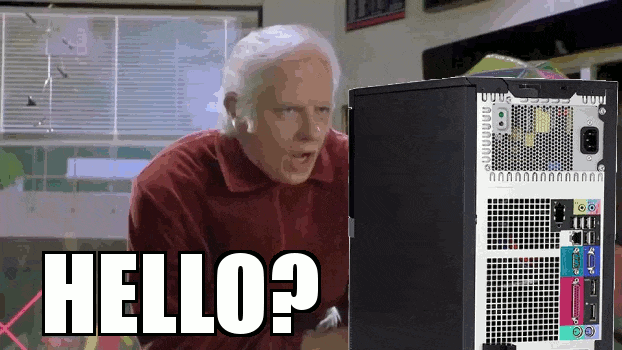Menu
open menu
close menu
- Products
- Self-Storage
- Commercial/Industrial
- Nokē™ Smart Entry
- Resources
- Events
- Investors
- About Us


By Scott I. Zucker, Esq.
Welcome to the new age of "Smart Entry Systems". The technologies of the world have yet again found their place in the self storage industry. Today, tenants using Bluetooth locking systems are able to open and close their unit doors remotely and owners are able to over-lock delinquent units with the press of a button. But the question has been raised, if the facility provides the locking system, does that change the facility's "care, custody and control" status?
Although the issue has not been litigated, the implementation of a smart entry system using Bluetooth or other wireless technology to permit the tenant to control its entry into the unit would not change the self storage owner's non-bailment status because the tenant still "keeps the virtual key" to the lock. It is the tenant who is able to establish the connection to the lock through its phone. The "virtual key" is transferred from the owner to the tenant when the tenant signs the lease and accepts responsibility for its stored contents as part of its rental agreement. Although the owner does have the power to restrict access to the rented space by disabling the virtual key when the tenant doesn't pay, that is no different than the owner over-locking the space with its own lock as it would do with a conventional space.
Once again, technology has been applied to make the job of a self storage owner easier. For example, the process of over-locking a space due to rent default is made easier and simpler as is the process of entry and inspection of the unit when a tenant goes into lien since the facility no longer needs to "cut a lock". Similarly, the ability to monitor access and egress into a rented space is easier since the use of the locking system is cataloged. The record of who is gaining access to a unit is no longer limited to tracking gate entry logs or scanning nearby video cameras. With the use of these smart entry systems, the owner has a complete audit trail of authorized users and visitors.
So, would you have to do anything differently when using these locking systems? The answer is, "yes." Your rental agreement should certainly be updated to match the changes in your operational systems. It is likely that the language of your current rental agreement refers to your previous rules, where the tenant provides its own lock. Rental agreements should be updated going forward and, in the interim, owners should consider using a Lock Addendum to address the change from conventional to remote locking systems.
Language in the Lock Addendum might say:
"Occupant has elected to use the _____________ locking system for its rented Space. Occupant understands and agrees that the use of the _______________ locking system does not change the Owner's non-bailment status. Occupant maintains the care, custody and control of its stored property, the duty to secure and protect its stored property and the risk of loss of its stored property, notwithstanding the use of the ___________________ locking system."
At the end of the day, it is inevitable that as technology changes so will self storage operations. We have already seen the changes to software management, building materials and facility communications. Now it is time for a unique aspect of the self storage experience to change...the lock. Whatever vendor or system you choose, converting from a locking hasp to a wireless locking mechanism appears to not only revolutionize the security of storage spaces, but, as a clear by-product, creates additional benefits for the owner in terms of manager efficiency and overall facility access control.
Happy storing!
Looking for more information on the newest Bluetooth locking system on the market? Check out our SecurGuard® Smart Entry System product page using the button below!
These Stories on Technology & Innovation
(866) 562-2580
(770) 562-2850
REQUEST A QUOTE